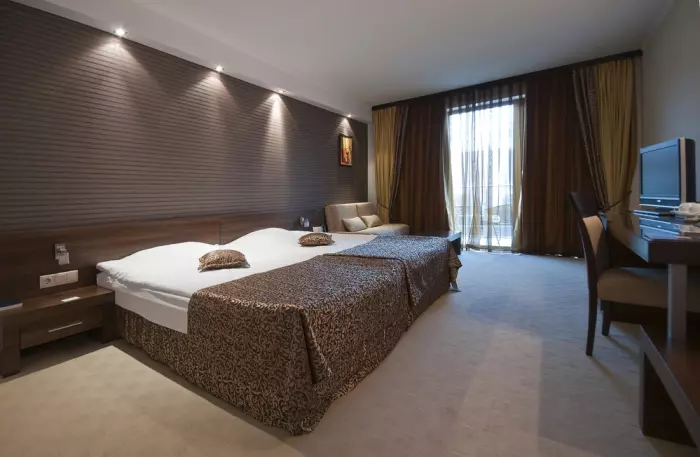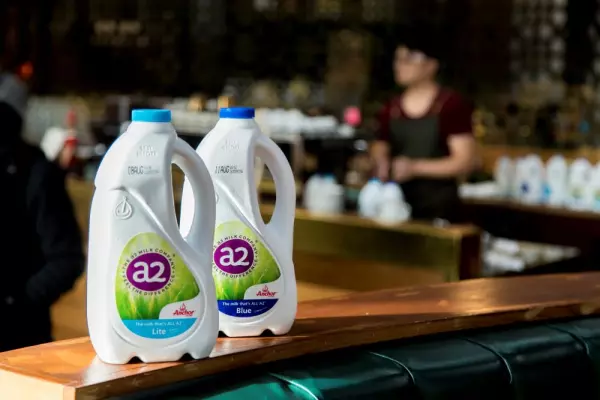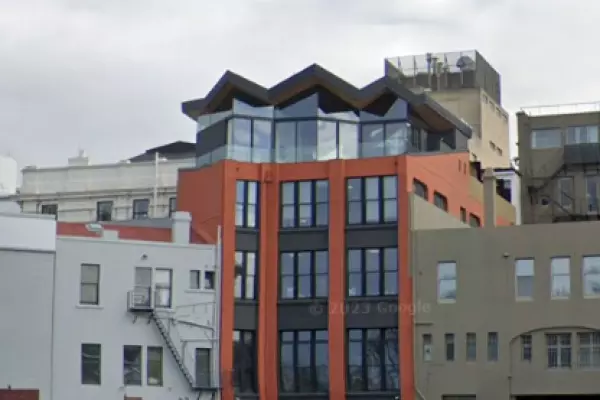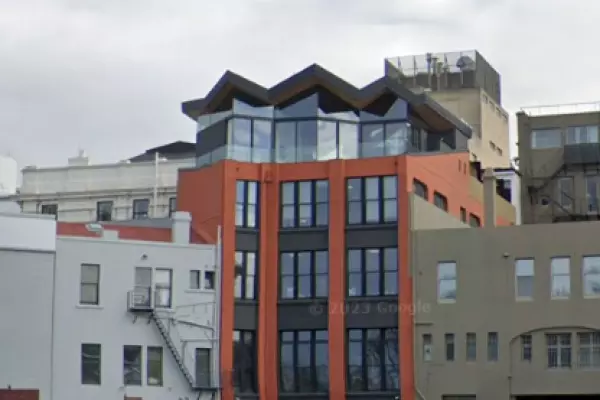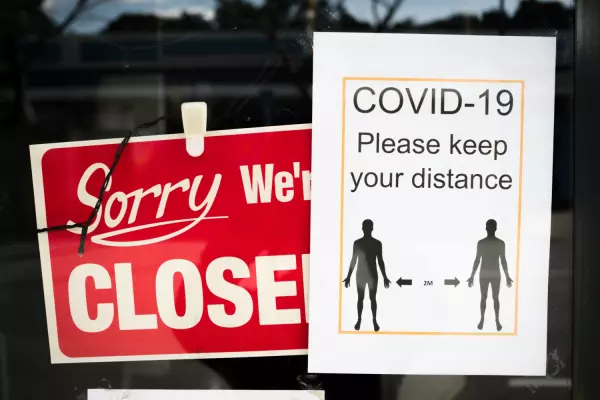As the New Zealanders inside the country went into lockdown on August 17, those locked out saw their slim chances of returning any time soon diminish even further as managed isolation and quarantine (MIQ) bookings were suspended.
That suspension was to last for a few days initially but has since been extended to a few weeks, with no definitive end in sight.
This is to allow room capacity to be left open for those infected in the community outbreak so they can be sent to quarantine facilities.
Altogether 725 cases linked to the community outbreak were occupying 341 of the specialised quarantine rooms on Sep 2.
The average number of people in MIQ on a given day this year is about 4,000.
Supply-side shrinking
The suspension is the most significant in a series of moves that have constrained the already scarce supply of precious MIQ rooms this year.
In April, 500 rooms were taken out of circulation as a contingency should the trans-Tasman bubble need to be paused. That reduced total room capacity 11%, from 4,500 to 4,000 – albeit that this reduction was offset to some degree by removing the need for returnees from Australia to go into MIQ.
Capacity was reduced by a further 15% when rooms were taken offline to implement a cohort system for arrivals, where a hotel is open for new arrivals for 96 hours, before being closed off for 14 days.
Then there was an increase in the number of rooms set aside for use at the discretion of the government, which RNZ reported was increased from 300 to 500 per fortnight.
On top of all this, a BusinessDesk analysis of room occupancy data found that hundreds of allocated rooms were actually sitting empty at any given time.
Compared to 14-day ahead allocations, an average of 386 rooms were unoccupied on average between December and July.
The Ministry for Business, Innovation and Employment (MBIE) said the discrepancy was due to the suspension of flights from very high-risk countries, flight cancellations and passengers testing positive before their flights.
Altogether these factors have combined to shrink the total number of people in MIQ by 24% since March, compared to the nine months before March.
Some of this can be attributed to the opening up of quarantine-free travel with Australia in mid-April (since suspended on July 23), which also coincided with the implementation of restrictions on arrivals from 'high risk' countries and the implementation of a cohort system in April.
For a period in April and May, there was enough space in MIQ. But demand has since outstripped supply, with the system fully booked out until November.
Despite this, the total number of people in MIQ in recent months has been well below the levels seen last year and earlier this year – aside from a brief spike in July when the 500 trans-Tasman bubble contingency rooms came online when the travel bubble closed.
The demand-side pressure on the system will likely snowball further once bookings are eventually opened up again.
Covid-19 response minister Chris Hipkins acknowledged as much in the 1pm press conference on Wednesday, pleading with overseas New Zealanders not to book MIQ spaces for a summer holiday, and instead leave the limited supply of rooms to those who need them for more pressing reasons.
Refreshing change
There was one small piece of good news for stranded MIQ hopefuls – a slight improvement in the booking system.
The new system will select lucky returnees at random from a 'digital lobby' meaning it will no longer favour those who can afford to spend time refreshing the booking page (or pay someone to do it in person or use a bot), over those who cannot.
Wanting to return to visit a terminally ill relative still won't hold any sway with MBIE's new room-assigning bot, but at least people will no longer have to dedicate their waking hours to refresh a webpage in the vain hope of securing a room.


